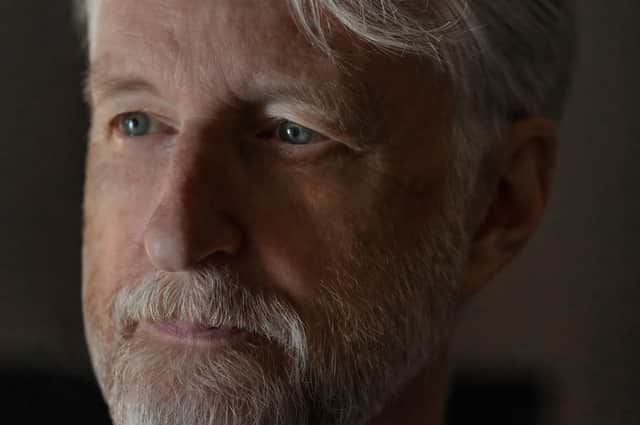Music review: Billy Bragg, Kelvingrove Bandstand, Glasgow


Billy Bragg, Kelvingrove Bandstand, Glasgow ****
"You don't get these chuckles with Weller," quipped Billy Bragg, as he rounded off another wise and witty inter-song oration to a captive amphitheatre. While his erstwhile pop politico peer now channels his passions into making progressive music, Bragg is still all about the progressive politics, updating his come-all-ye paean Sexuality to reflect the fight for trans rights (while still rhyming “Sweden” with “read ’em”).
Socio-political debates may shift but there is something utterly dependable about a Billy Bragg show, be it the stripped down minstrel style – alternated here with warm accompaniment from Jacob Stoney on organ and CJ Hillman on pedal steel, mandolin and guitar – or his genre-fluid lyrical blend of rage and romance, which was also echoed in his choice of Woody Guthrie songs, Way Over Yonder in the Minor Key and All You Fascists Bound to Lose.
Advertisement
Hide AdAdvertisement
Hide Ad“Play the songs about the unions,” heckled one enthusiast. And so, eventually, it was granted, eliciting a terrace-style singalong to There Is Power in a Union, a song with clear and obvious resonance as society navigates through the pandemic, or playing to his constituency with Thatcherites, introduced as “an old Scottish song”.
He was right on the money with climate change lament King Tide and the Sunny Day Flood, from his 2017 album Bridges Not Walls, while the pandemic has produced the timeless sentiments of a “Johnny Cash trip” called Freedom Doesn’t Come For Free.
Essentially this self-identifying autodidact wants a revolution of compassion and empathy, as expressed in pin-drop piano ballad I’ll Be Your Shield and old favourite The Milkman of Human Kindness.
A New England remains a glorious alliance of the personal and the political but they don’t come much more trenchant than Levi Stubbs’ Tears, a devastating portrait of survival and recovery through the power of music.